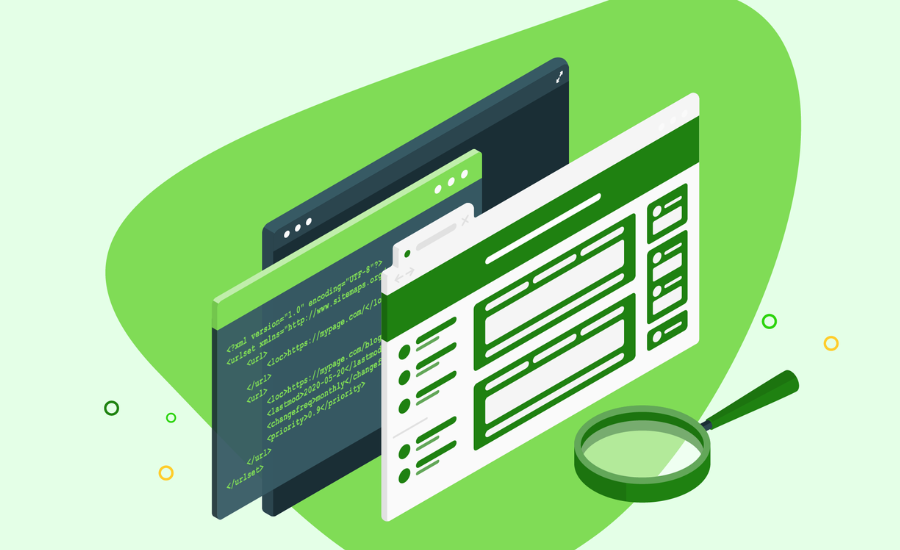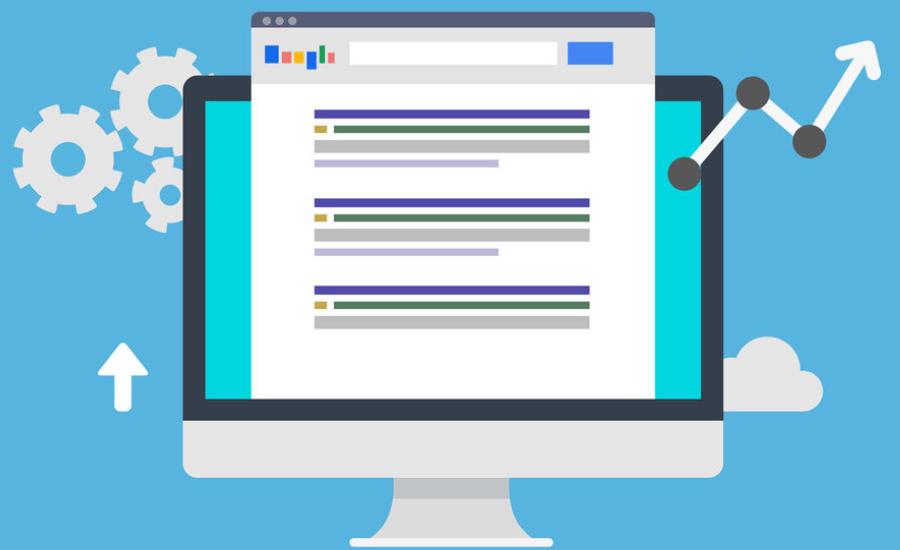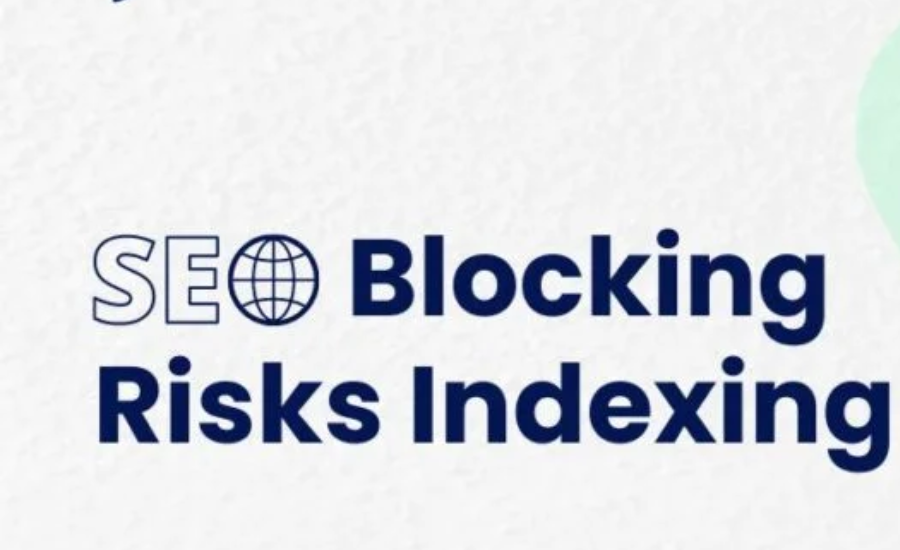When it comes to enhancing your website’s visibility on Google, the potential for Seo Blocking Risks Indexingrisks is a significant concern. These issues can lead to diminished search engine rankings, hindered website indexing, and ultimately reduced traffic to your site.
In this blog post, we will explore the various Seo Blocking Risks Indexingrisks that can affect your online presence. You’ll learn effective strategies to mitigate these risks, ensuring that they do not compromise your search engine optimization efforts.
By understanding these potential pitfalls and implementing preventative measures, you can maintain a robust SEO strategy and improve your website’s visibility.
Understanding Seo Blocking Risks IndexingRisks And Their Significance
Seo Blocking Risks Indexingoccurs when search engines encounter barriers that prevent them from accessing and indexing certain parts of your website. This can arise from misconfigurations or deliberate efforts to manage which content is indexed. While it is reasonable to block access to specific pages, such as admin panels, unintentional blocking can lead to decreased visibility in search results. In some cases, it may render valuable content entirely invisible to users.
Why Seo Blocking Risks Indexingis a Critical Concern
Have you ever searched for your website on Google, only to find it missing from expected results? This situation could stem from SEO blocking. When search engines cannot index your site due to this issue, your content becomes inaccessible to potential visitors. Even if your site features exceptional content, a lack of proper indexing can make it seem nonexistent online.
The Critical Issue of SEO Blocking
Have you ever looked for your website on Google and found it missing from where you expected it to be? This could indicate potential Seo Blocking Risks Indexingrisks. Such risks can prevent your site from successfully being indexed by search engines, rendering your content effectively invisible. As previously mentioned, even high-quality content can remain undiscovered if it isn’t properly indexed.
Understanding the Concept of Indexing
To grasp the risks involved, it’s essential to understand what indexing means. Indexing refers to the process by which search engines analyze and catalog information from various web pages. Without proper indexing, your pages won’t show up in search results, significantly limiting their reach.
How Indexing Influences Search Rankings
Indexing serves as the foundation for achieving good search engine rankings. If your website isn’t indexed, search engines like Google won’t recognize it for ranking, leaving it out of sight. Even if some pages are partially indexed, they may rank very low, which can drastically diminish their visibility. This reduced visibility can have a ripple effect, impacting both your website’s traffic and conversion rates.
Key Factors Contributing To SEO-Blocking Risks

To effectively mitigate SEO-blocking risks, it’s essential to identify the factors that can lead to such issues. Here are some of the most prevalent causes:
1. Misconfigured Robots.txt File
The robots.txt file serves as a guide for search engines, indicating which sections of your website they are permitted to crawl. If this file is not configured correctly, it may inadvertently block important pages from being indexed. Regularly reviewing and updating your robots.txt file can help prevent this issue.
2. Poor Site Architecture
The overall architecture of your website is crucial for successful indexing by search engines. A well-structured site offers clear pathways for search engines to navigate, while a disorganized layout can lead to missed pages. Ensuring a logical and straightforward structure helps improve your site’s crawlability and visibility.
3. Issues with Duplicate Content
When multiple pages feature identical or very similar content, search engines can become confused about which version to index. This confusion can result in certain pages not being indexed at all. To avoid this problem, ensure that each page contains unique content that clearly distinguishes it from others.
4. Improper Use of Noindex Tags
Certain meta tags are designed to prevent specific web pages from appearing in search results. However, if these tags are misapplied, they can inadvertently exclude valuable pages from being indexed. It’s important to carefully evaluate which pages should be marked with index or noindex tags to optimize visibility.
Causes Of Seo Blocking Risks IndexingRisks In Indexing
1. Misconfigured Robots.txt File
An improperly set up robots.txt file can inadvertently prevent search engines from indexing crucial content. This file directs search engines on which parts of your site they are allowed to crawl, and incorrect rules can lead to important pages being overlooked.
2. Meta Tags
Pages that include a no-index meta tag will not appear in search engine results. This can be a strategic choice for certain pages, but if applied incorrectly, it can hide valuable content from potential visitors.
3. Server Errors (4xx/5xx)
Frequent server errors can signal to search engines to reduce their crawling frequency. If a site experiences repeated 4xx (client) or 5xx (server) errors, it can hinder the indexing process, affecting visibility in search results.
4. IP Restrictions or Firewalls
Blocking specific IP addresses, including those of search engine crawlers, can result in incomplete indexing. If a firewall restricts access to your site, search engines may be unable to gather the information necessary for indexing.
5. Misuse of Canonical Tags
Incorrectly implemented canonical tags can confuse search engines, causing them to overlook the intended page in favor of another version. This can lead to the wrong page being indexed, ultimately impacting search visibility.
Understanding Indexing In SEO

Before delving into the causes of Seo Blocking Risks Indexingrisks, it’s vital to grasp the concept of indexing. Search engines index websites by crawling through pages and collecting data. If your pages remain unindexed, they will not appear in search results, effectively limiting your site’s online presence.
The Role of Indexing in Search Results
Indexing forms the backbone of search engine ranking. If a website is not included in the index, it will be invisible to search engines like Google, which means it won’t be considered for ranking. Additionally, even pages that are partially indexed may rank poorly, which can severely impact their visibility. Consequently, this lack of visibility can lead to decreased traffic and lower conversion rates for your website.
Strategies For Mitigating SEO-Blocking Risks
Identifying SEO-blocking risks is just the first step; the next crucial action is to eliminate them whenever possible. Here are effective strategies to help you reduce these risks:
1. Optimize Your Robots.txt File
Ensure that your robots.txt file does not inadvertently block important pages from being crawled. A well-optimized file will guide search engines effectively, allowing them to access all essential information on your site.
2. Reassess the Use of Noindex Tags
Noindex tags should be applied cautiously, ideally reserved for instances where a page contains duplicate content or is deemed to have low SEO value. Regularly review your site to confirm that you’re not excluding pages that you want search engines to crawl and index.
3. Improve Your Site Structure
A well-defined site structure is vital for effective SEO. Organize your website in a way that facilitates easy navigation, allowing search engines to crawl and index every page efficiently. This ensures that all content is accessible and well-linked.
4. Minimize Duplicate Content
Strive to ensure that every page on your site features unique content. Implement canonical tags to indicate to search engines the preferred version of a page, preventing issues with incorrect indexing of your key content.
SEO-Blocking Risks: Key Factors Impacting Your Rankings
To effectively combat SEO-blocking risks, it’s essential to recognize the common factors that can impede your search engine rankings. Below is an overview of prevalent issues along with actionable solutions:
1. Misconfigured Robots.txt File
The robots.txt file serves as a guide for search engine crawlers, indicating which sections of your site they are permitted to access. If misconfigured, this file can inadvertently block critical pages from being indexed, leading to their absence in search results.
Solutions for Misconfigured Robots.txt File:
- Regular Reviews: Make it a habit to frequently check and update your robots.txt file to ensure it accurately reflects your site’s current structure.
- Utilize Generators: Take advantage of tools like Google Search Console that offer robots.txt generators, which can help you create an effective file.
- Conduct Tests: Use software such as Screaming Frog SEO Spider to analyze your robots.txt file for errors or discrepancies.
- Cautious Use of Disallow Directives: Apply disallow directives judiciously, restricting access only to content that is genuinely low-quality or irrelevant.
2. Poor Site Structure
A well-organized website facilitates easier crawling and comprehension by search engines. An unclear or cluttered structure can hinder the indexing process, resulting in diminished search rankings.
Solutions for Poor Site Structure:
- Establish a Clear Hierarchy: Structure your website content into logical categories and subcategories for better organization.
- Descriptive Internal Linking: Employ clear and informative anchor text for internal links that direct users to relevant pages within your site.
- Maintain an XML Sitemap: An XML sitemap aids search engines in understanding your site’s layout and locating significant pages efficiently.
- Avoid Deep Nesting: Keep your website’s hierarchy shallow to ensure that search engines can reach important content without excessive navigation.
3. Issues with Duplicate Content
Duplicate content arises when identical content appears on multiple pages of your site or across different websites. Search engines may penalize sites for having duplicate content, as it creates ambiguity about which version should be indexed.
The Impact Of SEO-Blocking Risks On Your Business

Ignoring the potential risks associated with Seo Blocking Risks Indexingcan have severe repercussions for your business. Here’s why addressing these issues is crucial:
Diminished Search Visibility
When your website isn’t indexed correctly, it becomes virtually invisible in search results. This lack of visibility makes it challenging to reach prospective customers, leading to a significant drop in site traffic. Without proper indexing, your content fails to appear where potential buyers are looking, severely limiting your audience.
Decreased Conversion Rates
A decline in website traffic directly translates to lower conversion rates. If your pages are not indexed, potential customers are less likely to discover your offerings, resulting in missed sales opportunities. This drop in visibility can severely impact your business’s revenue stream, as fewer visitors mean fewer chances to convert interest into sales.
Long-Term SEO Consequences
The effects of prolonged SEO-blocking risks can be detrimental in the long run. Continuous issues can undermine all previous SEO efforts, tarnishing your website’s reputation with search engines. Once a site’s credibility is damaged, it can be extremely challenging to restore its standing, leading to sustained visibility and traffic challenges.
Essential Guidelines For Ensuring Effective Indexing

Preventing SEO-blocking risks requires consistent effort and attention. Here are key strategies to maintain optimal indexing:
Regularly Review and Adapt Your Strategy
Your SEO approach should evolve in tandem with your website. Periodically assess and refine your strategy to stay vigilant against emerging SEO-blocking threats. This proactive mindset will help you identify potential issues before they escalate.
Stay Informed About SEO Trends
The landscape of SEO is ever-changing. To keep your site competitive, regularly monitor updates from Google and stay informed about the latest trends and best practices. Awareness of current developments will help you avoid common pitfalls that can lead to indexing challenges.
Seek Expertise from SEO Professionals
If you’re feeling overwhelmed by SEO-blocking risks, consider consulting with an SEO expert. These professionals can provide tailored advice and insights, helping you navigate the complexities of search engine indexing effectively.
Understanding SEO-Blocking Risks
SEO-blocking risks refer to factors that hinder search engines from indexing your site accurately, resulting in diminished rankings and reduced traffic.
The Importance of Indexing in SEO
Proper indexing is crucial because it enables search engines to assess the relevance and ranking of your content. Without accurate indexing, your pages may not appear in organic search results, leading to a loss of potential traffic and visibility.
Frequently Asked Questions
1. What are SEO-blocking risks?
SEO-blocking risks refer to various issues that prevent search engines from accurately indexing your website. These risks can lead to poor visibility in search results, resulting in decreased traffic and potential revenue loss.
2. How can I determine if my website is experiencing SEO-blocking issues?
You can check for SEO-blocking issues by using tools like Google Search Console, which provides insights into indexing status, crawl errors, and other potential issues affecting your site’s visibility. Regular audits of your website can also help identify problems.
3. What role does the robots.txt file play in SEO?
The robots.txt file guides search engine crawlers on which parts of your site to crawl and index. A misconfigured robots.txt file can inadvertently block important pages, leading to SEO-blocking risks.
4. How does poor site structure impact SEO?
A disorganized site structure makes it difficult for search engines to navigate and index your content effectively. A clear hierarchy and logical categorization of content enhance crawlability and improve indexing, which positively influences search rankings.
5. Why is duplicate content a concern for SEO?
Duplicate content can confuse search engines regarding which version of the content to index, potentially resulting in lower rankings for all duplicates. It’s important to ensure each page contains unique content or to use canonical tags to indicate the preferred version.
Conclusion
Understanding and addressing SEO-blocking risks is essential for maintaining your website’s visibility and effectiveness in search engine results. By regularly reviewing your indexing strategy, staying updated on SEO trends, and seeking professional guidance when needed, you can mitigate these risks and enhance your site’s performance. Proper indexing not only improves your search rankings but also drives traffic and increases conversion opportunities, ultimately benefiting your business in the long run.
Keep up-to-date with breaking news and updates on Americanews





